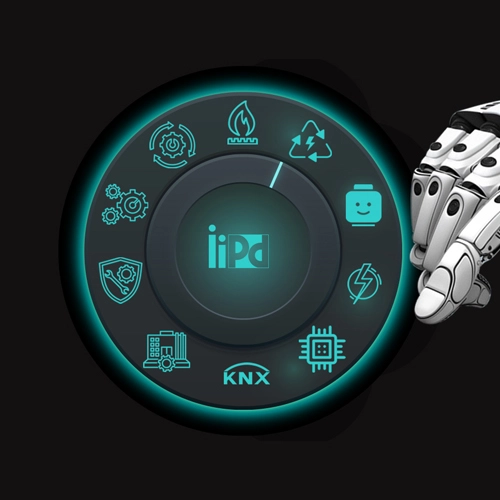For a business to thrive in our datadriven world, it must treat data as one of its most important assets. Data is crucial for understanding where the business is and its direction.
Not only can data reveal insights, but it can also inform by guiding decisions and influencing daytoday operations. This calls for a robust workforce of professionals who can analyze, understand, manipulate, and present data within an effective and repeatable process framework.
In other words, the business world needs data science practitioners. This course will enable you to bring value to the business by putting data science concepts into practice.
Objectives
In this course, you will implement data science techniques in order to address business issues.
You will learn:
- Use data science principles to address business issues.
- Apply the extract, transform, and load (ETL) process to prepare datasets.
- Use multiple techniques to analyze data and extract valuable insights.
- Design a machine learning approach to address business issues.
- Train, tune, and evaluate classification models.
- Train, tune, and evaluate regression and forecasting models.
- Train, tune, and evaluate clustering models.
- Finalize a data science project by presenting models to an audience, putting models into production, and monitoring model performance.
Outline
Below is the course content, which includes a detailed outline of topics and materials covered in the course. Explore and enhance your knowledge!
Lesson 1: Addressing Business Issues with Data Science
Topic A: Initiate a Data Science Project
Topic B: Formulate a Data Science Problem
Lesson 2: Extracting, Transforming, and Loading Data
Topic A: Extract Data
Topic B: Transform Data
Topic C: Load Data
Lesson 3: Analyzing Data
Topic A: Examine Data
Topic B: Explore the Underlying Distribution of Data
Topic C: Use Visualizations to Analyze Data
Topic D: Preprocess Data
Lesson 4: Designing a Machine Learning Approach
Topic A: Identify Machine Learning Concepts
Topic B: Test a Hypothesis
Lesson 5: Developing Classification Models
Topic A: Train and Tune Classification Models
Topic B: Evaluate Classification Models
Lesson 6: Developing Regression Models
Topic A: Train and Tune Regression Models
Topic B: Evaluate Regression Models
Lesson 7: Developing Clustering Models
Topic A: Train and Tune Clustering Models
Topic B: Evaluate Clustering Models
Lesson 8: Finalizing a Data Science Project
Topic A: Communicate Results to Stakeholders
Topic B: Demonstrate Models in a Web App
Topic C: Implement and Test Production Pipelines
Prerequisite
To ensure your success in this course, you should have at least a high level understanding of fundamental data science concepts, including, but not limited to: types of data, data science roles, the overall data science lifecycle, and the benefits and challenges of data science. You can obtain this level of knowledge by taking the CertNexus DSBIZ™ (Exam DSZ110) course.
You should also have experience with high level programming languages like Python. Being comfortable using fundamental Python data science libraries like NumPy and pandas is highly recommended. You can obtain this level of skills and knowledge by taking the Logical Operations course Using Data Science Tools in Python.
In addition to programming, you should also have experience working with databases, including querying languages like SQL. Several Logical Operations courses can help you attain this experience:
- Database Design: A Modern Approach
- SQL Querying: Fundamentals (Second Edition)
- SQL Querying: Advanced (Second Edition)
Methodology
- Batch wise training
- Practical hands-on training with real-time examples


